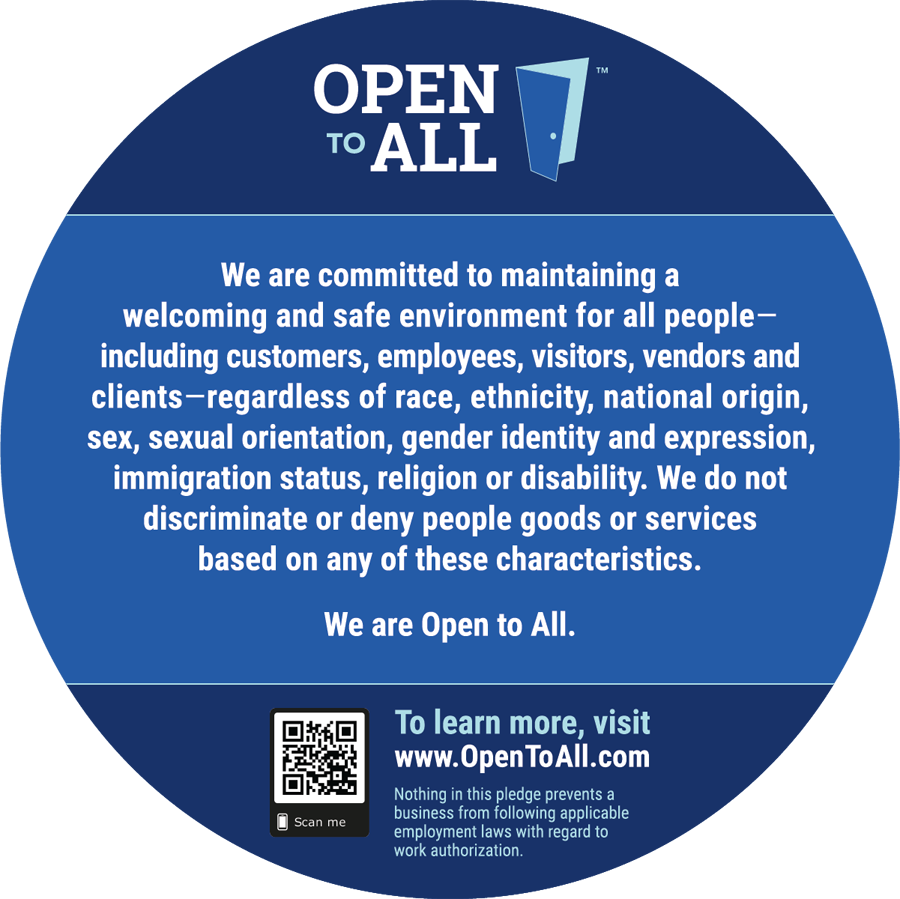I had to miss the Thursday morning sessions at Web 2.0 Expo NY in order to get some work done. The first session I attended in the afternoon was by Genevieve Bell of Intel. As a former anthropologist and academic, the talk was much more research-focused than others, which was actually really refreshing — real facts! It gave me a whole lot to think about.
My Twitter notes from the session:
- A revolution is going on. It’s not technological, it’s social. The internet is going feral, web well beyond the PC. Many devices
- Affordances, constraints & preferred usage models mean web is changing shape. More transactions, less surfing. More widget-interfaces
- There will be some people who never encounter the web on a PC. SE Asia, Latin America, etc. on mobile. Lists and text, not Flash
- This year the number of Internet users in China eclipsed those in the U.S. And it will keep happening around the world.
- It’s an end to the “anglosphere.” The web will become more languages, more stories. Diff languages have diff attendant practices
- New sites, new experiences, new services will all arise. Incommensurability (impossible to measure or compare) seems inevitable.
- Content of website will be in not just another language, but a whole other set of cultural references.
- Fat pipes, narrow pipes? Different models of connectivity: Korean (2-way), UK (fast down, slow up), highly variable speed worldwide
- India has asynchronous connectivity. Video content needs more bandwidth. 20% of episodic content viewing occurs in US (female 25-44)
- Different payment structures are evolving: contracts, pay-as-you, all-you-can-eat, capped downloads
- Regulating the internet: participation, citizenship & control. Govt makes strong links b/w ideas of good citizenship & tech use
- Govts also play important role in contextualizing the internet and access to it. Indonesia e-mosque program. Cairo wireless cloud
- The Treaty of Waitangi (1840) shapes contemporary spectrum policy
- Govts control content types and experiences. Limited access to sites. Regulating internet practices. Turkey & UAE turned off Flickr
- Myanmar turned off Internet in order to prevent citizens from reading about prosecutions of monks
- Prom, trolls & social regulation. Web has complicated dystopian side, magnifying social concerns. Lies about location/intent/identity
- Men lie about height: add 2 inches. Women lie about weight: subtract five pounds.
- Cornell researches found 100% of US online daters lie about something.
- Social regulation and stalking, “human-flesh searches”. Chinese web users punishing perceived wrong-doers by publishing their lives
- Major Marijuana grower caught because his GPS had the last five locations he had been, all growing locations. GPS didn’t know to lie
- Socio-technical concerns. New anxieties, old anxieties. Web linked to privacy, trust, security
- New devices, infrastructures, services produce new concerns: reliability, access, reputation, participation, health, wellbeing
- “Google thinks I’m stupid”; “TiVo thinks I’m gay” Internet has an agency it’s never had before
- Designing toward futures: possibility of *many* webs. No longer one fixed notion, no single trajectory of adoption or use.
- Non-users and ex-users require a great deal more study. What about ppl who aren’t compelled to keep using it? What are these values?
- Disconnection and switching-off are also interesting phenomenon. Ppl who buy their way out, becoming priority in households
- Choosing vacation spots because you know it’s a dead zone, only to find out upon arrival that “the internet had arrived”
- Maps of London “peace-chalking” that show all places you can be legitimately disconnected.
- Audience Q: Great talk, but what does it have to do w/ Intel? “You sound like my mother: That’s nice dear, but why do they pay you?”
- She’s director of UX in Consumer Electronics at Intel. “You have to have an eye to the framework of these experiences”
- “If you don’t understand your users’ motivations, experiences, behaviors, you end up designing stuff for yourself” — Genevieve Bell
- Conversation needs to be had around the potentials of what we’re creating, not just the products.
Related Posts:
- Web 2.0 Expo NY: “Content Matters” panel moderated by Liz Danzico September 20, 2008 | 3 comments
- Web 2.0 Expo NY: Friday keynotes September 20, 2008 | 0 comments
- Web 2.0 Expo NY: Avinash Kaushik’s Web Analytics 2.0: Rethinking Decision Making in a ‘2.0’ World September 20, 2008 | 0 comments
- Web 2.0 Expo NY: Wednesday Keynotes September 20, 2008 | 2 comments
- Web 2.0 Expo NY: Chris Fahey’s “The Seduction of the Interface” September 20, 2008 | 1 comments



Leave a Reply